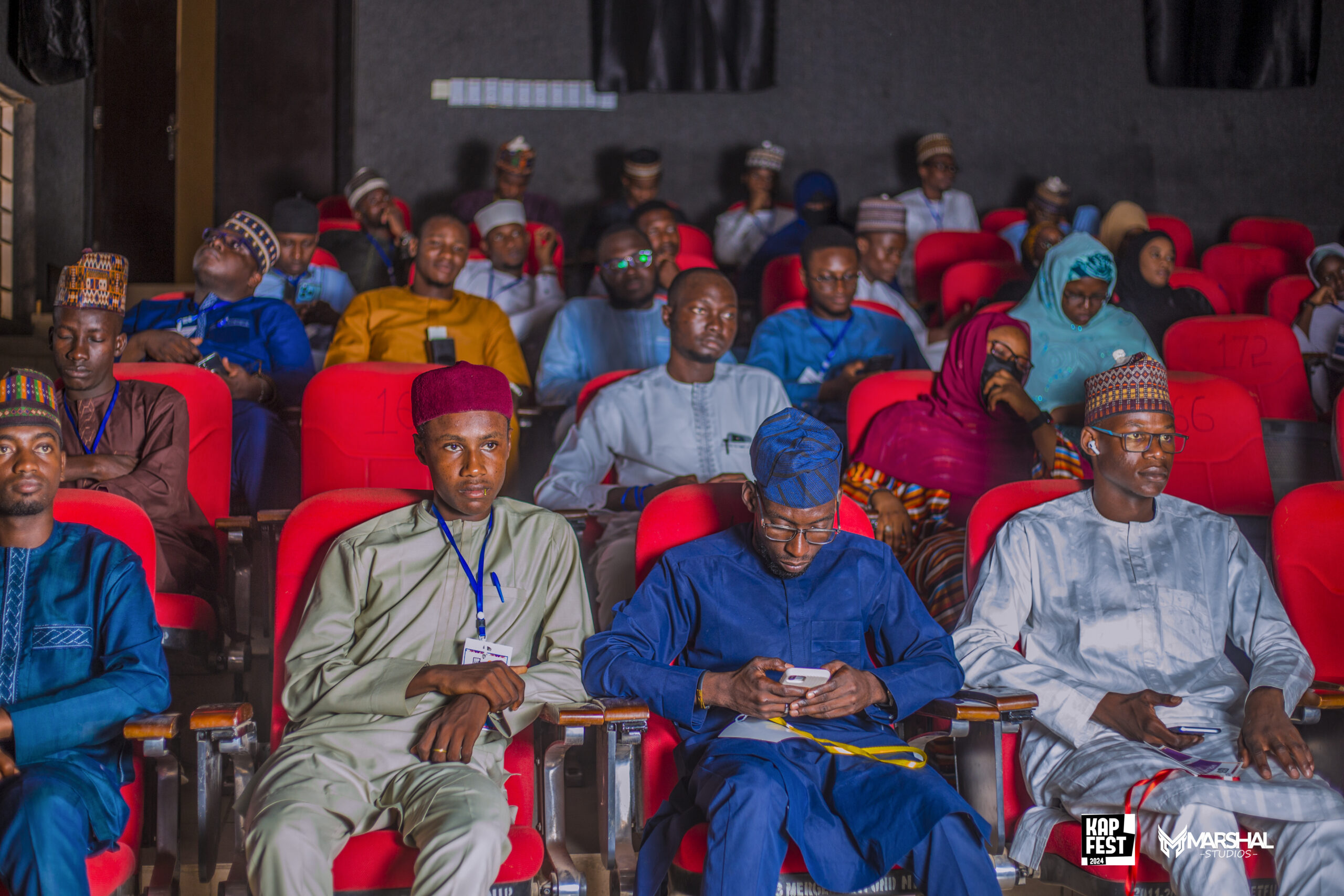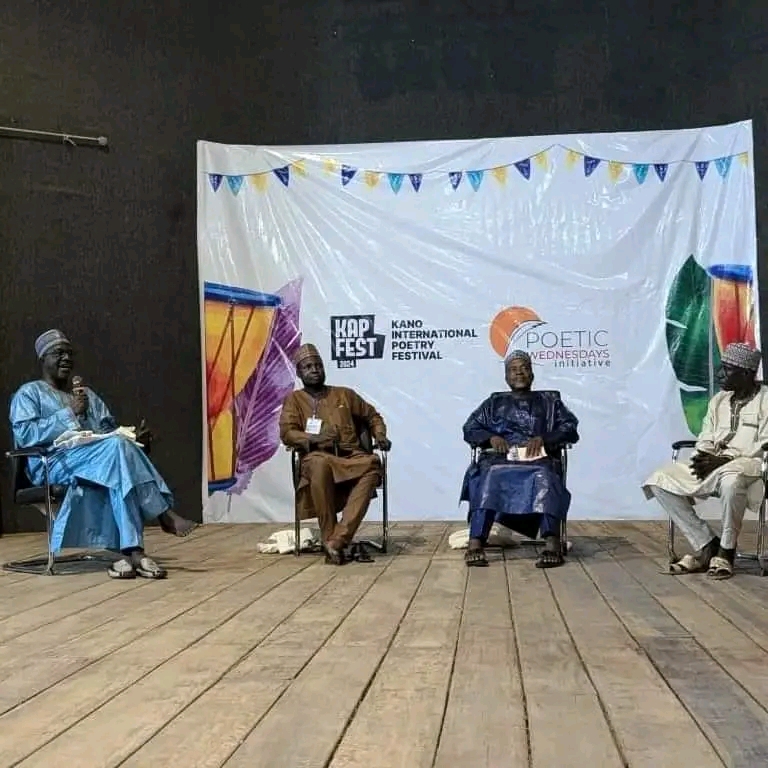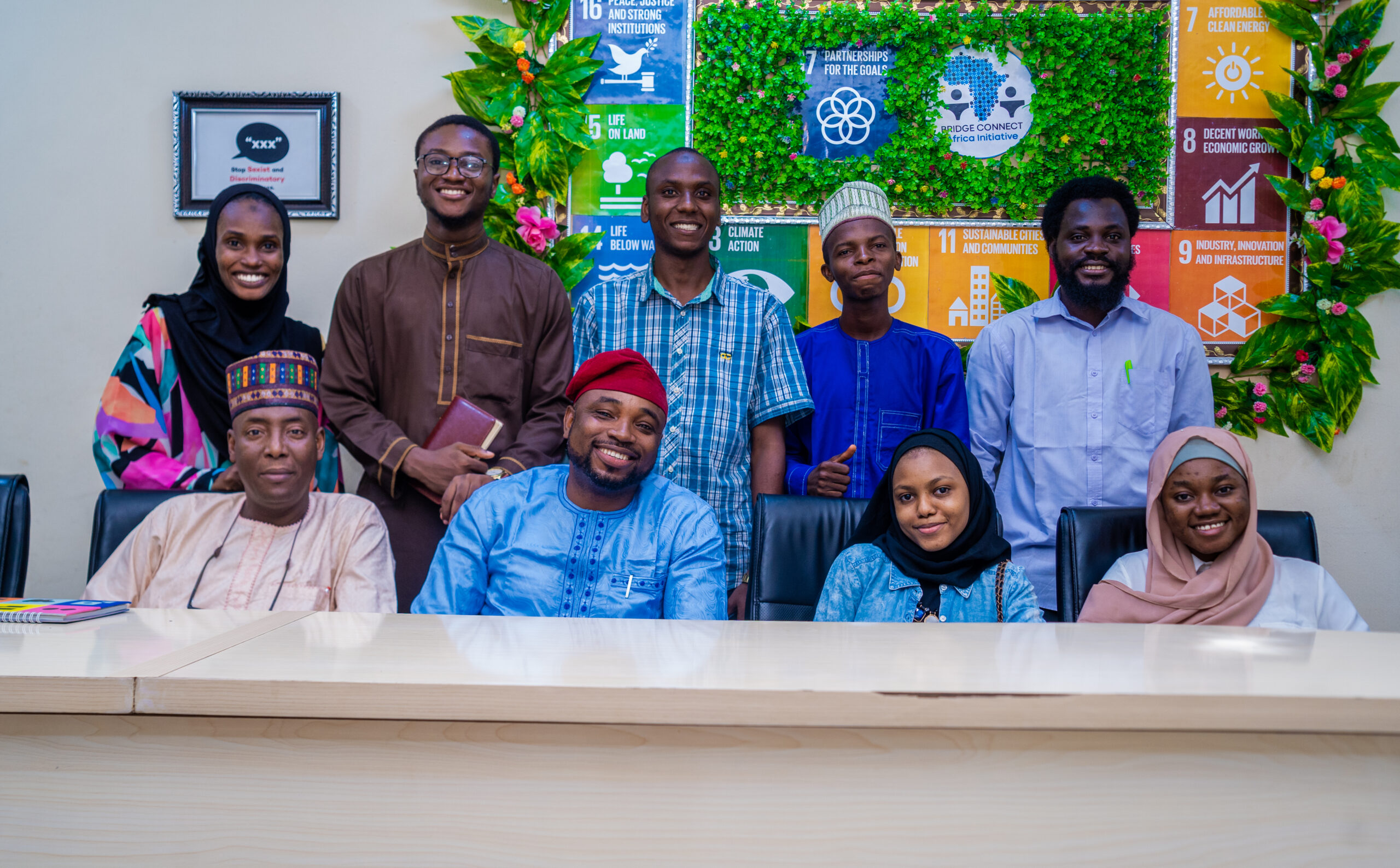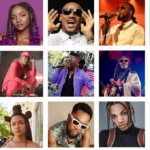Each Wednesday, dozens of young Nigerian poets gather on Facebook to exchange poems with each other as part of the Poetic Wednesdays Initiative. Founded in May 2016 by Salim Yunusa, an undergraduate at the time, it aimed to promote arts and literature emerging from northern Nigeria. Salim’s poem, shared on Facebook using the hashtag #PoeticWednesday, sparked interest from several art lovers, who helped form the community.
The Poetic Wednesdays Initiative has provided a space for poets to share inspiring poetry on love and nature across various social-media channels.
For Salim, this fellowship of poetry lovers was a remedy to the pervasive negativity on social media. He envisaged a platform where people could deploy poetry for self-development and community building. “We are speaking about things that people normally shy away from. We are giving society a voice through poetry,” Salim remarked in an interview with The Arts-Muse Fair, an arts blog.
With hundreds of thousands of followers, the Poetic Wednesdays Initiative has morphed into a platform for learning and idea exchange for poetry enthusiasts over the course of eight years. The initiative has equally hosted literary workshops, both online and in-person, for more than 300 secondary-school pupils and young people with artistic inclinations from northern Nigeria.
The Debut of KAPFEST
Six months ago, Salim awoke to a message from Nasiba Babale, a poet and secretary of the Initiative, announcing that the Poetic Wednesdays Initiative would be organizing the inaugural Kano International Poetry Festival. Salim wasn’t sure at first, but Nasiba made him believe they could do it. Since then, Salim met regularly with several members of the Initiative as they work towards bringing the first-ever international poetry festival to northern Nigeria.
Partnerships with digital-learning hubs, local businesses in northern Nigeria and individual donations provided funding for the event. When it came to location, Salim and his team unanimously settled on Kano, the region’s commercial hub.
“Kano was and is the home of talent and creativity,“ Salim announced at the festival’s opening ceremony on July 12, held at Bayero University Kano (BUK).
The discussion panels at the 3-day event covered a range of themes, including the art of spoken word and the impacts of artificial intelligence on creative writing. Literary scholars shared insights on sustaining Hausa and English poetry in a fast-changing world. Debut poetry collections by notable poets from the region were also celebrated.

Remembering Mudi Sipikin
A highlight of the festival was a poetry slam with a cash prize of N200,000. Named after the late Alhaji Mudi Sipikin, a celebrated activist and poet, the slam promoted up-and-coming talents creating performance poetry in northern Nigeria.
Sipikin, who was popular for his literary prowess and political commentary, has continued to inspire an emerging generation of Hausa poets since his death in 2013.
Preserving Hausa poetry
“Hausa Poetry: Past, Present, and Beyond” was the focus of a panel discussion led by Professor Ibrahim Malumfashi, a professor of Hausa literary history, and featured insights from several panellists, who deliberated on the challenges facing traditional Hausa poetry in an era dominated by spoken word and contemporary music.
Hausa poetry traces its roots back to the 17th and 18th centuries, during trade relationships with the Arabs. By the 19th century, Asmau Bint Fodio, a multilingual poet, used her Hausa poetry to promote religious teachings, cultural values and women’s rights according to Islamic principles. Poets such as Mudi Sipikin, Sa’adu Zungur and Akilu Aliyu would join the fray in the 20th century, lending their voices to social and political causes that were prevalent during the 1950s and 1960s.
Since the turn of the century, however, Hausa poetry and literature have seen declining patronage, discouraging contemporary indigenous poets from churning out more literature.

The panellists recommended organising more lucrative contests and writing poems on societal ills could help revive interest in the genre.
In response to the growing popularity of spoken-word poetry, the panellists stressed the importance of publishing high-quality poetry anthologies that could become foundational texts for Hausa courses in schools and preserve the rich mine of the region’s history. Professor Malumfashi proposed collaboration among poets, musicians, and dancers to retain the essence of Hausa poetry while making it more appealing to younger generations. Considering the overarching sway of social media, the audience wondered whether the present crop of young adults would devote time for written Hausa poetry.
Unforgettable performances
On the last day of the festival, the audience were treated to thrilling performances from popular Hausa musicians such as Bello Ibrahim Billy’O, Hairat Abdullahi, and Maryam Sangandale. Alongside these established voices, other rising stars filled the stage with poems that reflected the themes of love, culture, and identity.
Reflecting on the festival’s broader impact, Salim emphasised their commitment to nurturing young artists. “We understand the importance of a platform, and this is why we are providing one. No matter how small it is. No matter how little we think it is.” he said.
Each Wednesday, young Nigerian poets gather on Facebook for the Poetic Wednesdays Initiative, founded in May 2016 by Salim Yunusa. This platform promotes arts and literature from northern Nigeria, offering an inspiring space for poets to share their works.
The initiative provides learning and idea exchange opportunities, hosting literary workshops for over 300 young people. Six months ago, it launched the inaugural Kano International Poetry Festival, facilitated by partnerships with local businesses and donor support. The event aimed to celebrate and sustain poetry in the region.
The festival included panel discussions on spoken word, artificial intelligence, and sustaining Hausa and English poetry. Highlights included a poetry slam with a cash prize, honoring the late activist Mudi Sipikin, and discussions on preserving traditional Hausa poetry despite modern challenges. The event concluded with performances by popular and emerging Hausa musicians, reflecting themes of love, culture, and identity.
Salim emphasized the significance of platforms like this for nurturing young artists, underscoring their commitment to fostering creative talent in northern Nigeria.






